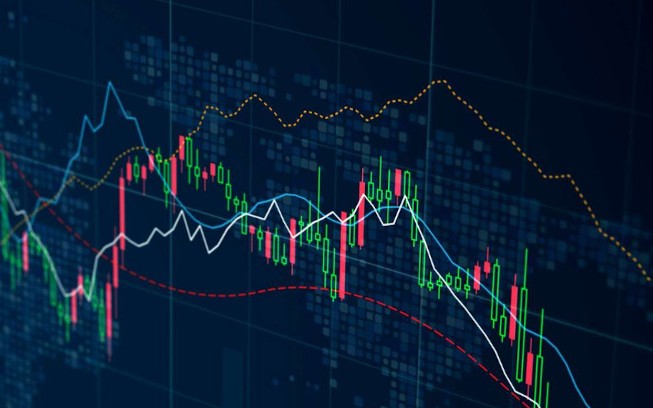

In the dynamic world of forex trading, the role of a reliable forex trading servers Latin America Trading server cannot be overstated. The frequency of trades, market volatility, and the necessity for swift execution of orders rely heavily on the performance of the trading server. In this article, we will delve into what forex trading servers are, the factors influencing their performance, and tips for selecting the best servers for your trading strategies.
What are Forex Trading Servers?
Forex trading servers are powerful computers that facilitate the trading process in the foreign exchange market. They host trading platforms and execute orders from traders around the globe. These servers manage the immense volume of transactions and ensure that trades are executed accurately and promptly. The efficiency of a trading server can greatly affect a trader’s success, as delays or downtime can lead to missed opportunities and significant losses.
Types of Forex Trading Servers
When it comes to forex trading servers, there are generally two types: dedicated servers and cloud-based servers.

- Dedicated Servers: Dedicated servers are physical machines dedicated solely to one trader or a group of traders. They provide enhanced performance, as there are no resource-sharing issues with other users. This type of server is ideal for high-frequency traders who demand superior execution speed.
- Cloud-Based Servers: Cloud-based servers operate on virtual machines and can be accessed from anywhere with an internet connection. They offer scalability and flexibility, allowing traders to adjust resources based on their needs. However, performance can vary depending on network conditions and the provider’s architecture.
Key Features to Look for in Forex Trading Servers
Choosing the right forex trading server involves considering several critical features:

- Latency: Latency refers to the time it takes for data to be transmitted to and from the server. Lower latency is crucial for successful trading, especially in fast-moving markets.
- Uptime: A reliable forex trading server should have an uptime guarantee, typically 99.9%. Any downtime could result in missed trades and financial loss.
- Security: Security is paramount when it comes to trading. Look for servers that offer robust security measures, including encryption, firewalls, and regular updates to protect sensitive data.
- Customer Support: Quick and effective customer support is necessary for resolving technical issues that may arise. Ensure the server provider offers 24/7 support via multiple channels.
- Geographic Location: The location of the server can impact latency. Choosing a server closer to your broker can significantly enhance trade execution speeds.
- Scalability: As your trading needs grow, your server should be able to scale accordingly. Check if the provider offers options to increase resources without significant interruption to your service.
Impact of Server Performance on Trading
The performance of your forex trading server can significantly impact your trading outcomes. In a market where milliseconds can be the difference between profit and loss, having a high-performing server is vital. Traders using high-latency servers often experience slippage, where orders are executed at prices different from the expected price. This can erode profits, particularly in scalping strategies where margins are thin.
Moreover, downtime can lead to enormous missed opportunities. Traders who rely on automated trading strategies may find their bots unable to execute trades during server outages, compounding the losses. Hence, the effectiveness of a forex trading server directly correlates with a trader’s ability to capitalize on market movements.
Selecting a Forex Trading Server Provider
With numerous forex trading servers available, selecting the right provider can be a daunting task. Here are some steps to guide you in making the right choice:
- Research Provider Reputation: Read reviews and feedback from other traders about the server provider. A good reputation can often be a strong indicator of reliability.
- Trial Periods: Many providers offer trial periods. Take advantage of these to gauge the performance and reliability of the server before committing to a long-term contract.
- Compare Pricing: While cost should not be the only factor, it’s essential to compare pricing across different providers to ensure you’re getting value for your money.
- Check for Compatibility: Ensure that the server is compatible with your preferred trading platform. Some platforms may have specific requirements that must be met.
- Ask about their Infrastructure: Inquire about the infrastructure behind the server. Providers with state-of-the-art data centers typically offer better performance and reliability.
Conclusion
In the competitive landscape of forex trading, having the right tools is essential for success. Forex trading servers play a pivotal role in executing trades efficiently and effectively. By understanding the types of servers available and the key features to look for, traders can make informed decisions that will enhance their trading experience. Whether you’re a novice or an experienced trader, investing in a high-quality server can provide you with a significant edge in the fast-paced forex market.





















